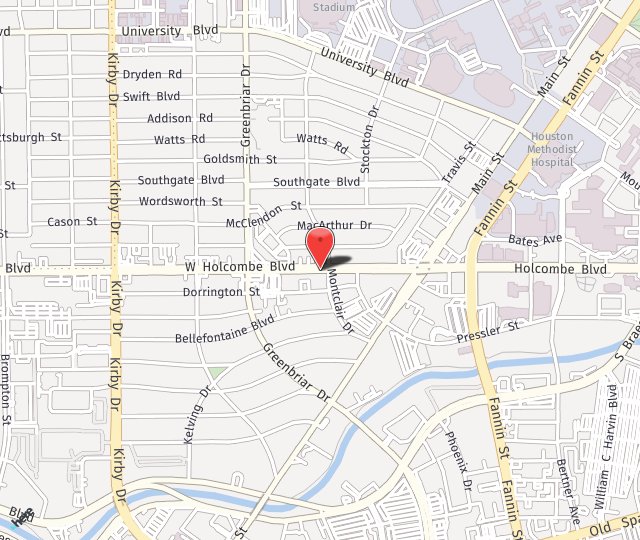
Regardless of the severity of your overbite or underbite, they cannot go away on their own. These conditions can be caused by jaw structure or childhood behaviors, such as thumb socking, resulting in the top or bottom jaw protruding.
To help you avoid discomfort and oral health struggles from your misalignment, let’s explore the consequences of an overbite or underbite and the various treatments that may help.
What Happens If I Don’t Treat My Overbite Or Underbite?
Even if your overbite or underbite isn’t causing you any issues right now, chances are with enough time, they will. These mandibular issues can lead to a variety of dental and oral health issues.
- Overcrowding: Because of improper positioning of the teeth, your teeth can ‘bump’ into one another, causing pain and discomfort.
- Infections: Overbites and underbites can make it difficult to exercise proper oral hygiene, increasing the risk of infection.
- Headaches: Extra stress on the muscles of the jaw, due to improper positioning, can lead to headaches.
- TMJ: As with headaches, improper positioning, can lead to TMJ
- Tooth Decay: An overbite or underbite can lead to overuse of certain teeth, leading to excessive enamel wear.
How Can Overbites And Underbites Be Treated?
There are many overbite and underbite treatment options out there that can range in efficacy depending on the severity of your overbite or underbite.
Orthognathic Surgery
Because overbites and underbites are issues stemming from jaw position, corrective surgery exists to reposition the jaw. In some cases, the surgery may even widen the jaw if teeth have been impacted enough.
To correct an underbite, the surgeon will move the upper jaw (maxilla) or lower jaw (mandible) into an appropriate position to ensure you have a proper bite.
Recovery can take a year or more, so this treatment is only recommended when less invasive alternatives are either not applicable or ineffective.
Non-Surgical Treatments
Because of the intensity of surgical treatment and because non-surgical treatments are effective, surgery may not be needed. Instead, there are numerous non-surgical orthodontic treatments, such as:
- Invisalign: This clear orthodontic help correct dental positioning by moving teeth to a desired location. The major plus of this treatment is how little it may impede your day-to-day as you can take them off to eat and brush your teeth.
- Braces: Traditional braces may be just as if not more effective than Invisalign, especially for individuals with moderately to severely misaligned bites.
- Controlled Arch Orthodontics: Controlled arch orthodontics help create more room to help solve issues with overbites and underbites.
Let Dr. Konig Help With Your Overbite or Underbite
Overbites and underbites can lead to severe oral health disruptions and must be treated.
Dr. Konig knows no two cases are the same, which is why he offers a variety of personalized treatment options, including braces, Invisalign, non-surgical facelifts, and TMJ treatment.
If you’d like to learn your options and are in the Houston, Texas area, schedule an appointment on our site, or call our dental office at 713-668-2289.

